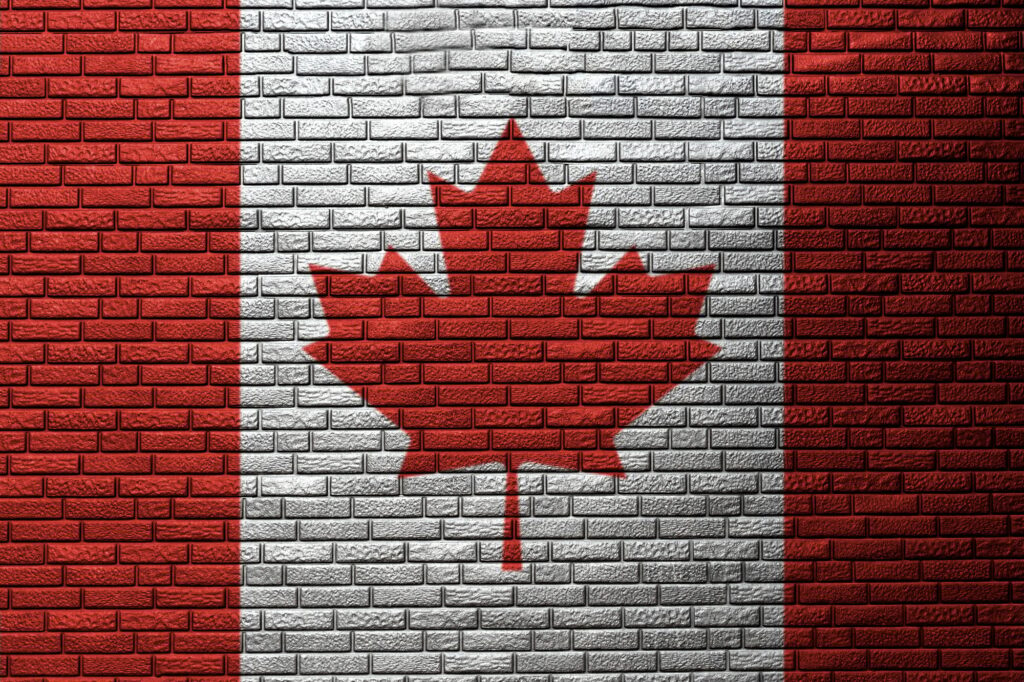“Canada has always been like a warm tavern on a cold night—inviting to all who seek shelter, yet mindful of keeping the fire burning.”
Key Takeaways
- Canada is reducing its immigration targets, cutting the annual intake of permanent residents from 500,000 to 395,000 in 2025.
- The government cites rising housing costs and strained public services as key reasons for the slowdown.
- Prime Minister Trudeau calls it a “responsible pause,” but critics argue it won’t solve deeper economic issues.
- Business leaders worry that labor shortages will worsen, while opposition parties blame the government for mismanaging the housing crisis.
- Temporary worker and student visa programs have also faced restrictions, signaling a broader shift in immigration policy.
A Nation at a Crossroads
Once upon a time—not so long ago—Canada was the land of open arms, a place where “the more, the merrier” was not just a phrase, but a policy. Immigration was the golden goose, laying the eggs of economic growth, cultural diversity, and labor force expansion. But as any good farmer will tell you, even golden geese need proper nesting conditions.
Come October 2024, Canada’s Liberal government announced a major shift: Instead of welcoming 500,000 permanent residents in 2025, the country would scale back to 395,000, with further reductions down to 365,000 by 2027. The reason? The usual suspects—housing shortages, overwhelmed infrastructure, and a public growing wary of the speed at which the country’s population was expanding.
“Canada will always be a country of immigrants,” said Prime Minister Justin Trudeau, “but we need to ensure we have the resources to support them properly.” (Reuters)
And just like that, the wide-open door was given a slight push inward—not slammed shut, but no longer swinging so freely in the wind.
A ‘Pause’ or a Policy Shift?
Trudeau’s government insists this is just a breather, a moment to get the house in order. But skeptics see it differently. Conservative Party leader Pierre Poilievre wasted no time in laying the blame at Trudeau’s feet, calling the immigration slowdown a band-aid on a crisis that his administration created.
“If Canada can’t house its own citizens, how can it house half a million newcomers a year?” Poilievre argued, pointing to skyrocketing rents and a housing market that has priced many Canadians out of homeownership. (El País)
Meanwhile, the business world is worried that trimming immigration numbers will have unintended consequences. Canada’s labor market has been kept afloat by skilled immigrants, and reducing intake might mean fewer workers in healthcare, construction, and technology—sectors already struggling to fill vacancies. The Canadian Chamber of Commerce warned that slowing immigration could ultimately hurt economic growth. (El País)
The Bigger Picture: More Than Just Permanent Residents
This isn’t the first time the government has pumped the brakes on immigration. Earlier in 2024, Canada introduced stricter rules for international students, fearing that a surge in student visas was contributing to housing shortages. Temporary foreign worker programs have also been tightened, making it harder for businesses to hire non-residents. (El País)
It seems that immigration policy in Canada is entering a new phase—one of caution, recalibration, and perhaps a little self-doubt.
Opinion: The Balancing Act
Canada, ever the responsible host, is rearranging the guest list. It’s not about shutting people out but about making sure there’s enough room at the table. And yet, the question lingers: How long will this “pause” last?
Historically, Canada’s success has been built on immigration. From the railways of the 19th century to the tech hubs of today, newcomers have shaped the nation. A slower intake might help manage immediate challenges, but if Canada isn’t careful, it might find itself short on workers, investors, and, most importantly, the very spirit that made it a global leader in immigration in the first place.
In the grand tradition of all things Canadian, this policy shift is polite but firm. The doors aren’t closing, but the bouncers are checking the list more carefully.
And if there’s one thing history has taught us, it’s this: The future belongs to the nations that welcome the willing. The question now is, will Canada remember that lesson before it’s too late?
Sources:










